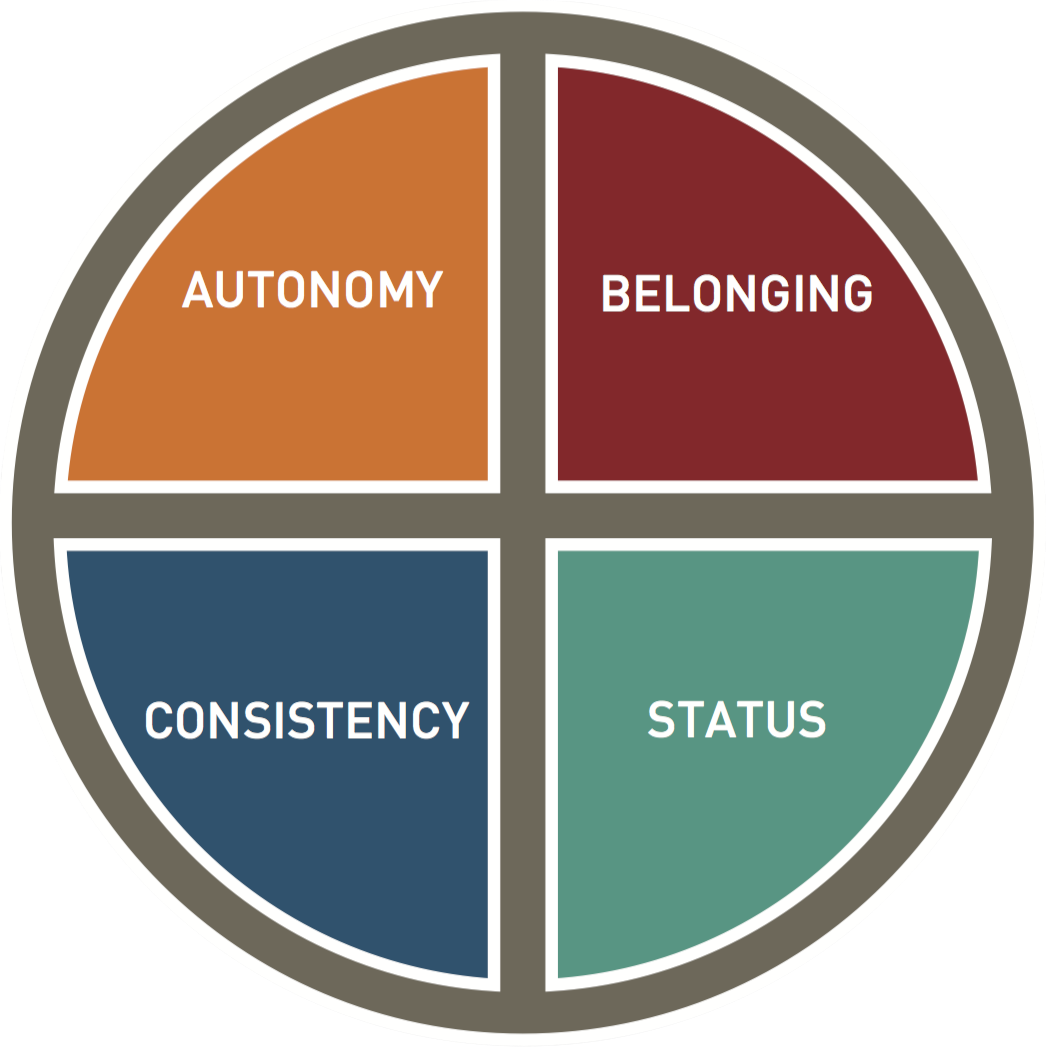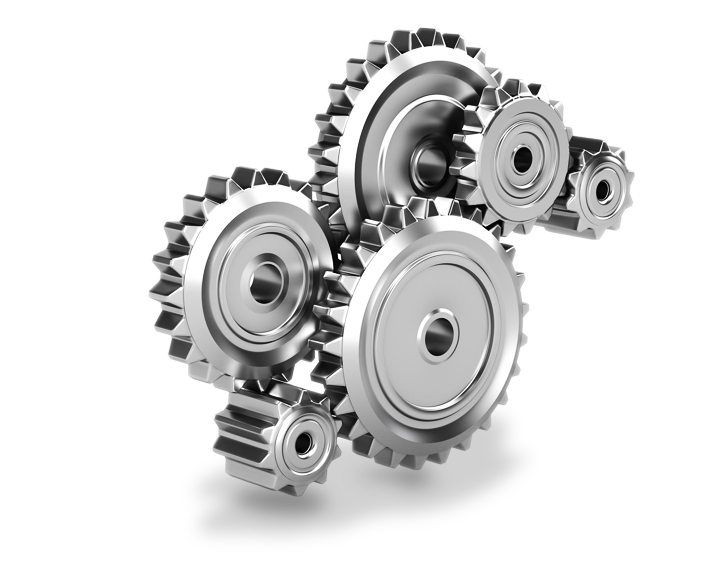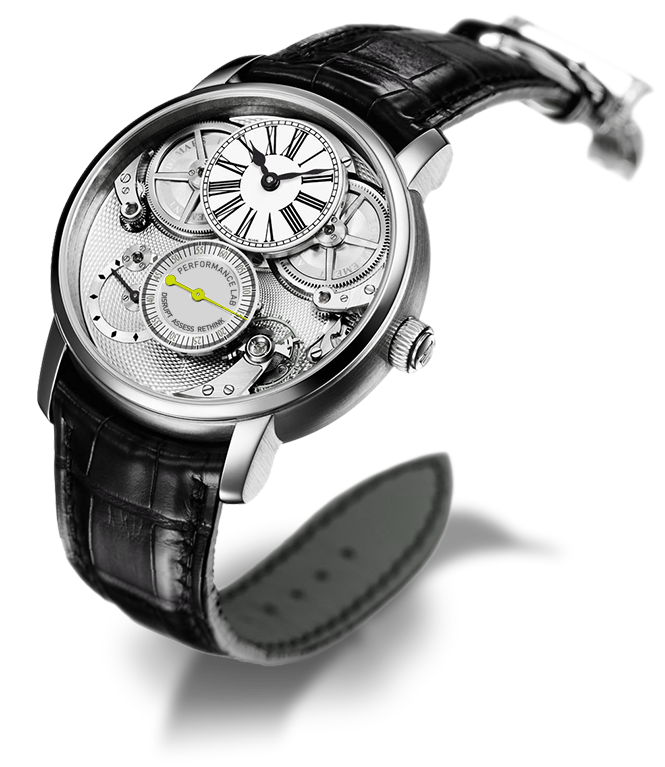PHILOSOPHY:
Leading for High Performance
The Performance Triggers - Creating The Environment for High Performance
We rely on the science of high performance to inform us how leaders can create the environment for their people to do their best thinking, make great decisions, take ownership and control their emotions and behaviours.
Our Performance Triggers philosophy uses cutting edge science to show exactly what creates the performance state for your people. Take a look at four universal factors that drive performance and behaviour and find out how you can apply them as a leader in today's workplace.
AUTONOMY, BELONGING, CONSISTENCY, STATUS
There is a new definition of performance in the 21st Century. It no longer involves repeating the same procedures, scaling up or doing more of the same thing, more efficiently. Instead, High Performance is now about being agile, thinking on our feet and finding outstanding solutions to typical problems.
To lead for human performance in the 21st Century, we have to master these four Performance Triggers: AUTONOMY, BELONGING, CONSISTENCY and STATUS.


